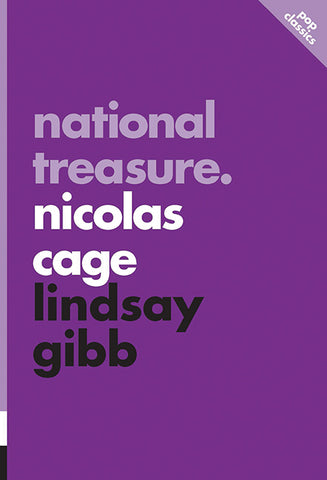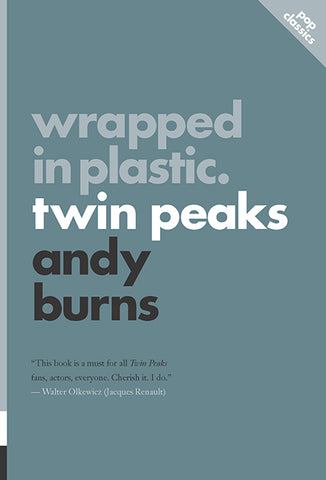Pop Culture: pop cul·ture | \ˈpäp\ \ˈkəl-chər\ | n.
-
The entirety of ideas, perspectives, attitudes, images, and other phenomena that are within the mainstream of a given culture
-
Check out our Pop Classics collection for more details!
In My Humble Opinion. My So-Called Life by Soraya Roberts
In My Humble Opinion follows the short-lived life of a ’90 classic. My So-Called Life lasted only 19 episodes from 1994 to 1995, but its focus on 15-year-old Angela Chase’s search for her identity and its realistic representation of adolescence on TV was groundbreaking. Read Roberts’s invaluable argument for how MSCL explored gender, identity, sexuality, race, class, body image, and other issues vital to third wave feminism (and the world).
Here's a sneak peak of Chapter 1 from the newest title to join the Pop Classics family!
Raise Some Shell: Teenage Mutant Ninja Turtles by Richard Rosenbaum
What is more pop culture than superheroes who love pizza and video games? Raise Some Shell critically and cleverly examines the origins, evolution, and impact of the Ninja Turtles phenomenon — from its beginning as a self-published black-and-white comic book in 1984 to two big-budget Hollywood films in 2014 and 2016. With the eye of contemporary cultural studies and the voice of a true lifelong Turtles fan, Rosenbaum argues that the Turtles’ continuing success isn’t mere nostalgia, but rather the result of characters, and a franchise, that mutated in a way that allowed them to survive and thrive in a post-modern world. The second Hollywood film just hit theatres in June, so read up on your turtle scholarship now!
National Treasure: Nicolas Cage by Lindsay Gibb
Nicolas Cage: meme or skilled actor? Perhaps, as Lindsay Gibb suggests, this is exactly the question Cage set out to make people ask. While Cage’s selection of roles is seemingly inscrutable, he challenges critics and audiences alike by refusing to be predictable or to conform to the Hollywood approach to acting. Is there a method to his madness? Is he in on the joke? In this clear-eyed and well-argued volume, Gibb answers both these questions with a resounding hell yes.
Elvis is King: Costello’s My Aim is True by Richard Crouse
Before Elvis Costello was one of Rolling Stone’s greatest artists of all time, before he was inducted into the Rock and Roll Hall of Fame, he was Declan P. McManus, an office drone with a dull suburban life and a side gig in a pub rock band. In 1976, under the guidance of legendary label Stiff Records, he transformed himself into the snarling, spectacled artist who defied the musical status quo to blaze the trail for a new kind of rock star with his debut album, My Aim Is True. Follow Costello’s transformation as Richard Crouse examines how the man, the myth, and the music of this arrestingly original album smashed the trends of the era to bridge the gap between punk and rock ’n’ roll.
Wrapped in Plastic: Twin Peaks by Andy Burns
In 1990, avant-garde filmmaker David Lynch and acclaimed television writer Mark Frost teamed up to create a television show that would redefine what the medium could achieve in a one-hour drama. With Twin Peaks, the duo entranced audiences with the seemingly idyllic town, its quirky characters, and a central mystery — who killed Laura Palmer? In a town like Twin Peaks, nothing is as it seems, and in Wrapped in Plastic, pop culture writer Andy Burns uncovers and explores the groundbreaking stylistic and storytelling methods that have made the series one of the most influential and enduring shows of the past 25 years.
It Doesn’t Suck: Showgirls by Adam Nayman
Enough time has passed since Showgirls flopped spectacularly for a good, hard look back at this sequined spectacle. A salvage operation on a very public, very expensive train wreck, It Doesn’t Suck argues that Showgirls is much smarter and deeper than it is given credit for. In an accessible and entertaining voice, this book encourages a shift in critical perspective on Paul Verhoeven’s Showgirls: analyzing the film, its reception, and rehabilitation. He argues that Showgirls is so good that it’s often mistaken for bad.
Learn more about the collection here!





